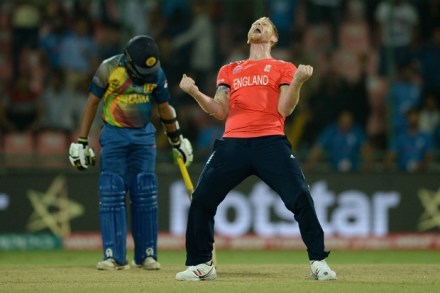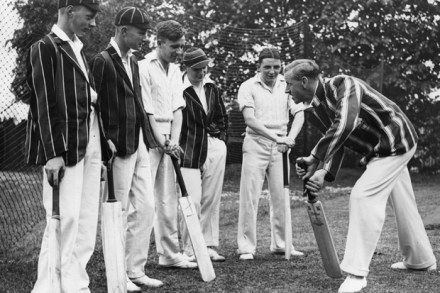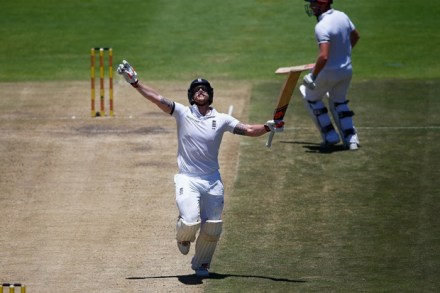Our (nearly) golden summer
It seems like a long time ago, but back in the day, when Sir John Major launched the National Lottery, there was a fair bit of sanctimonious tut-tutting from the liberal establishment: it was a tax on the poor who couldn’t be trusted to spend their own money, it encouraged gambling, it was just a bit vulgar. And all that. Well, how’s that drivel looking now? A shedload of Team GB golds later, and how do those who sneered at the lottery feel about it today? Notwithstanding Britain’s staggering achievements, the Games are not perfect, of course: there’s too much track cycling and way too many swimming events. And possibly
















